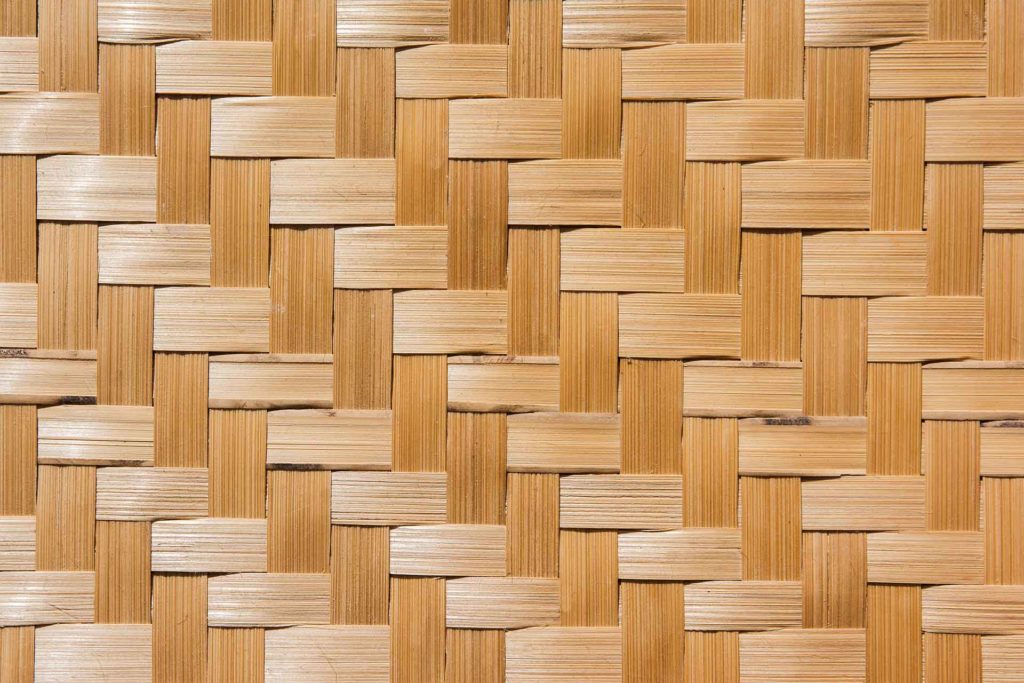Installing synthetic matting panels over existing surface areas requires cutting the Bamboo Matting to fit your space. You can utilize masking tape paper to tape on the line where you want to cut on the bamboo Matting to make a clean cut with scissor tool. Here are simply a couple of concepts to reveal to you how to install Faux Bamboo Matting for Walls or Ceiling throughout your home and company.
1. Set Up Bamboo Wall Matting by gluing over existing surfaces (Drywall, wood, cement block vinyl walls.).
2. Use Liquid Nail construction adhesive over leaving areas, apply the glue for 15 to 20 minutes (don’t apply Liquid Nail on OneThatch Bamboo Matting) where your tropical matting setting on and after that press matting firmly with even pressure to the whole surface.
3. Inspect glue surfaces between Bamboo matting and exiting locations to make sure the matting panel stays in complete contact with the wall surface area while drying. The bamboo matting panel should behold up immediately by adhesive, waiting 12 hours for Liquid Nail adhesive dry to finish your tasks.
4. In between signing up with a side of two bamboo panels, you might have little gaps. It will be overlapping a matting panel a couple of inches will help or utilizing 1.5″– 2″ Diameter Half rounds molding to cover the gaps.
5. Set Up Synthetic Bamboo Matting by Staple over existing wood locations surface areas.
6. To install faux bamboo wall paneling by Staple is a lot easier than using glues. There is no adhesive required.
7. All you need is Staple weapon 9/16″. After cut off the bamboo matting panels, then begin staples in the corner initially and keep going Staple in the edges both sides left, right likewise in the middle of bamboo matting panels in between 12″ nails staple.
8. In in between signing up with a side of two artificial bamboo panels, you might have little spaces; it will be overlapping matting panel a couple of inches will assist or using 1.5″– 2″ Size Half rounds molding to cover the areas.


